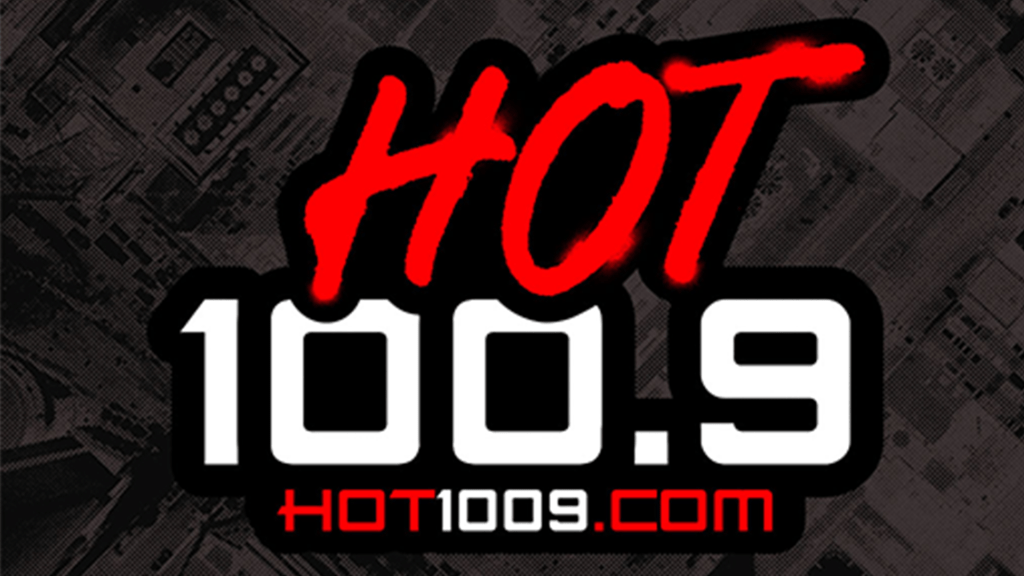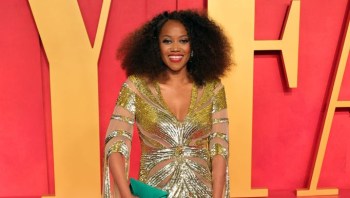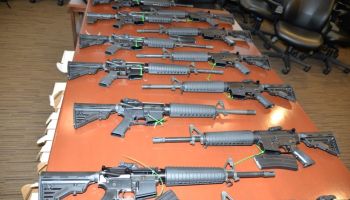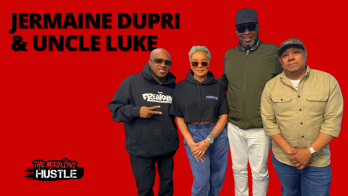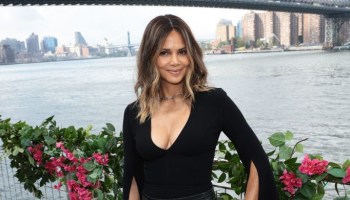For years hip-hop and fashion have become synonymous. Being a rapper means looking the part; from throwbacks to white tees rappers have been notorious for influencing the way hip-hop heads dress.
So it’s a no-brainer for rappers to aspire to start their own clothing line. The problem is not everyone who can put lines to paper can put stitching to fabric. Here are some of our favorite rappers successful (and unsuccessful) attempts at starting a clothing line. — Ebony LaDelle
Naughty Gear: Naughty By Nature
Founded in 1993, Naughty Gear holds the unofficial title of the first hip-hop artist clothing line. Their shop in Newark,NJ was the first of its kind, offering hoodies, boxers and various parafernalia emblazoned with the Naughty By Nature baseball bat logo.
Wu Wear was founded in 1995 and was the first hip-hop artist clothing line to be in national chains like Macy’s.
Phat Farm: Russell Simmons
Phat Farm, a division of Phat fashions, has become a multi-million dollar business since its launch in 1992.
Rocawear: Jay-Z
Rocawear has been another brand to receive international success. The brand was started in 1999 and although Jay-Z sold the line, he still has a stake in the company and oversees development of the brand.
Billionaire Boys Club and Ice Cream: Pharrell
While it’s hard for most rappers to produce one quality fashion label, Pharrell has been able to produce two! The brand focuses on high-end luxury sportswear.
Sean Jean: Diddy
Launched in 1998, Sean John has been extremely successful, going from a regular rapper’s clothing line to an international brand.
Apple Bottoms: Nelly
Made for women who have a curvaceous behind, the Apple Bottom label has become one of the more famous brands created by a rapper. The line was featured on the Oprah show in 2004 when she wore a pair and in O, The Oprah magazine soon after.
Play Cloths: The Clipse
Play Cloths is a clothing line that focuses on high quality garment creations. The Clipse feel by keeping the brand and their career separate, it allows the line to do well on its own. (watch their interview with TT Torrezz about Play Cloths)
8732: Young Jeezy’s clothing line
Originally titled USDA (United Streets and Dopeboys of America), Jeezy was forced by the United States government to change the name. Instead, Jeezy kept the name by converting the letters into pager numbers.
AKOO: T.I.
AKOO, meaning a king of oneself, was launched in 2009 and although doing fairly well was recently slapped with a lawsuit. A music network, AKOO International, claims they have the rights to that name.
Benjamin Bixby: Andre 3000
Andre 3000 launched Benjamin Bixby in 2008, but with the high prices and no brand equity, Bixby was forced to lower their prices in half in order to sell the clothes.
Rich and Infamous: Snoop Dogg
Launched in 2008, the Rich and Infamous debuted on BET’s “Rip the Runway.” However, the line was affected by the recession according to Snoop.
Shady Ltd.: Eminem
Eminem launched his brand in 2003 and in 2006 the line was acquired by Rocawear to relaunch.
Makaveli Clothing: Tupac
Afeni Shakur launched Makaveli clothing seven years after Tupac’s death to keep his legacy alive. A portion of each sale goes to various Tupac organizations and rappers such as DJ Quik, Ludacris and Bone Thugs-n-Harmony appeared on the print advertisements.
Dirt McGirt: Ol’ Diry Bastard
Ol’ Dirty Bastard launched his clothing line in 2007 which also included his underwear line, Ol’ Dirty Drawers. Unfortunately with his sudden death, his clothing line was never able to take off.
David Brown: Young Buck
Young Buck’s clothing line premiered online in 2007 at a the MAGIC show in 2008. Unfortunately, his clothing line went out of business.
Shago: Bow Wow
Shago, which was launched in 2003, was a shorter version of his real name Shad Gregory Moss. The rapper eventually discontinued the line.
DMX Signature Collection: DMX
The clothing line attempted to launch in 2007, but with DMX’s career on the rocks, DMX Signature didn’t have a fighting chance.
CEO: Dame Dash
Founded in 2006, this clothing line didn’t have much staying power with retailer’s hesitant to put the line in stores.
Outkast Clothing; Outkast
The duo launched their line in 2002 but with no original pieces and Outkast unwilling to wear their own clothing, the line left just as quickly as it came.
Todd Smith: LL Cool J
Originally debuted at Macy’s as upscale urban wear, Todd Smith slowly fizzled out and LL Cool J partnered with Sears to create LL Cool J. Eventually the line folded.
P. Miller: Master P
Although P. Miller tried to compete with the likes of Sean Jean and Rocawear when it first launched, once the economy hit Master P thought like a businessman. He lowered the price and now P. Miller can be found in Wal-Mart stores, becoming the first African-American hip hop supplier at Wal-Mart.
Nostic: Jim Jones
Jim Jones debuted Nostic in 2008 meaning knowledge of self and individuality. The line, which was spearheaded by Jim’s mother, is a revolution of the mind and lifestyle. However, after the initial launch stores stopped carrying the collection.
